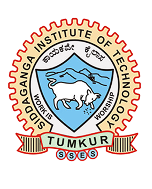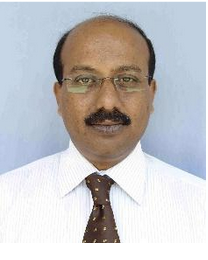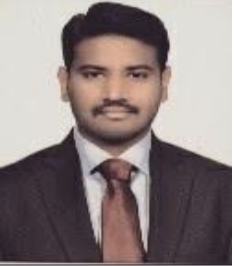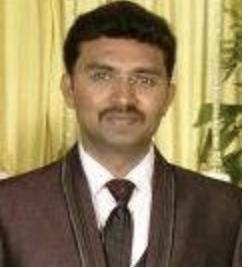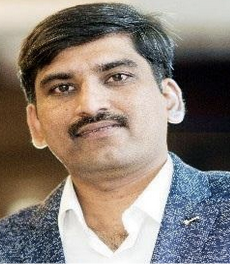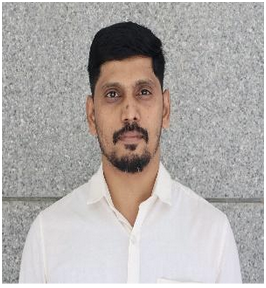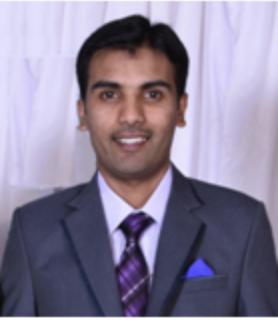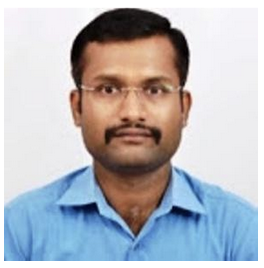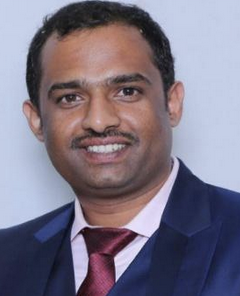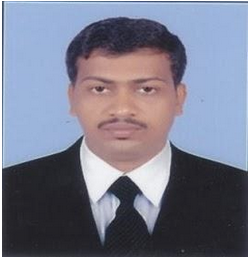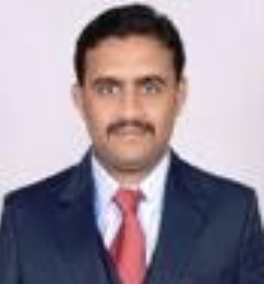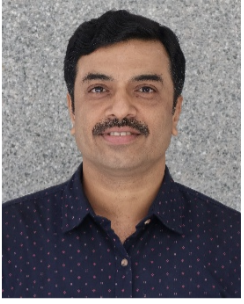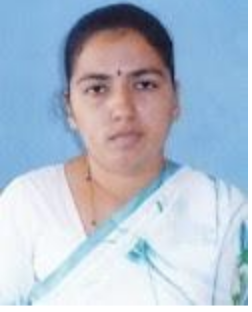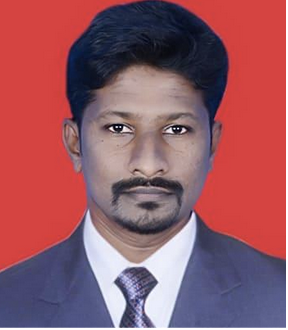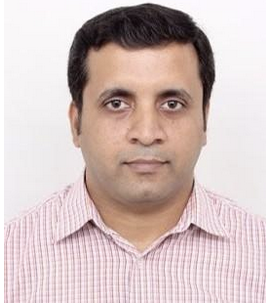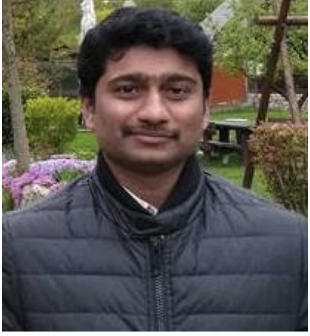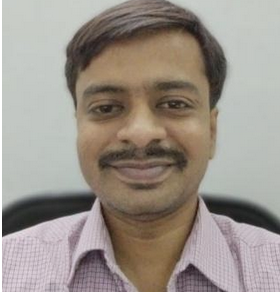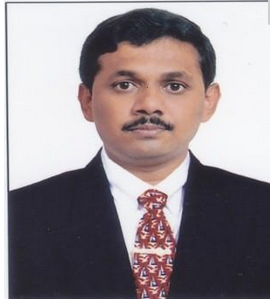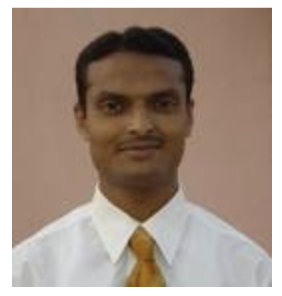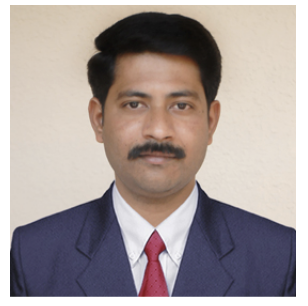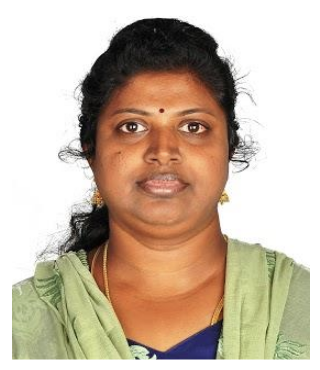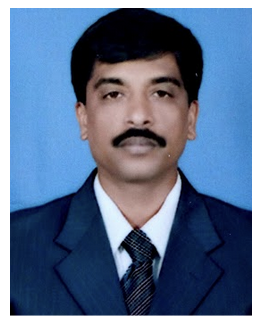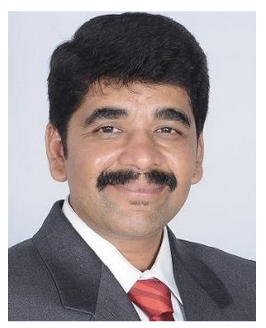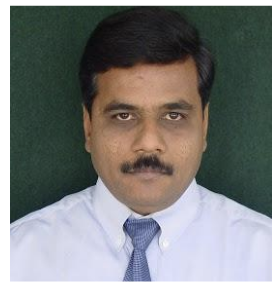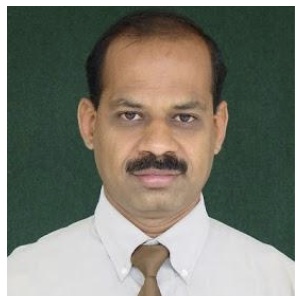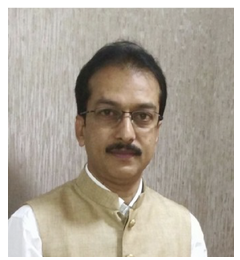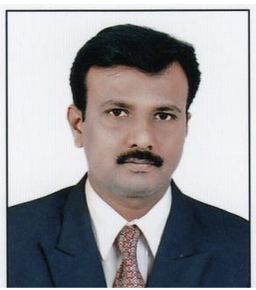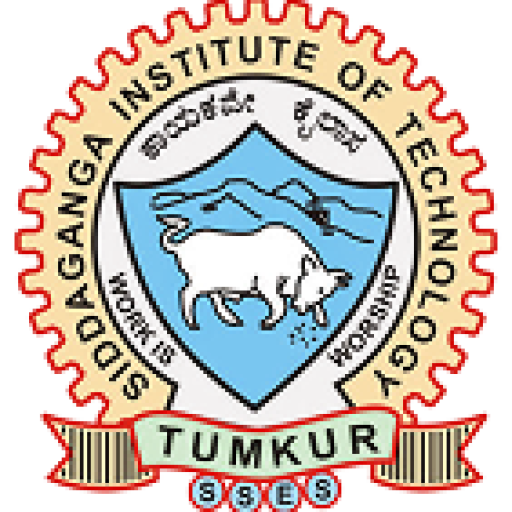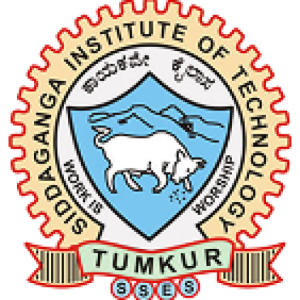Department of Mechanical Engineering
Overview
The Department of Mechanical Engineering, established in 1963, offers UG and Ph.D. programs under VTU with an intake of 120 students. Accredited four times by NBA, it has highly qualified faculty, modern labs, and strong industry collaborations. Faculty have completed projects worth ₹390 lakhs and published over 390 research papers, books, and chapters. With MOUs across industries, students gain exposure through internships, industrial visits, and expert talks. The curriculum is designed with input from industry and academia, ensuring excellent placement opportunities in both core and IT sectors
Program Details
Under Graduate Programme:
- B.E., Mechanical Engineering
- Intake: 120
- Duration: 4 years
Research Programme:
- M.Sc. in Engineering by Research
- Ph.D. in Mechanical Engineering
Vision & Mission
Vision
To be one of the Premier Centre for technical education and applied Research in Mechanical Engineering and to bring out globally acclaimed competent engineers with innovative ideas and ethical values to fulfil the societal needs
Mission
M1- Develop as a Centre of Excellence in Mechanical Engineering by Facilitating the state-of-the-art infrastructure, industry relevant curriculum and effective skill oriented teaching-learning -teaching process.
M2- Contribute to the development of Nation by preparing the younger generation to pursue research and development in the thrust areas of mechanical engineering such as thermal power engineering, Manufacturing engineering, Material science engineering, Mechanical Design, Product design and Management.
M3- To Prepare mechanical engineering graduates to be professionally competent with strong entrepreneurial, ethical and spiritual values to fulfil societal requirements
Student Life & Activities
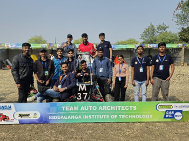
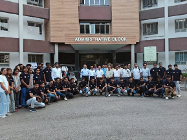
Team Auto Architects, founded in 2010 at Siddaganga Institute of Technology, designs and builds all-terrain vehicles (ATVs) for national competitions like SAE BAJA. With six ATVs built so far, the team has earned accolades across India. In 2025, they showcased a four-wheel-drive ATV at the M-BAJA competition at NATRAX, Madhya Pradesh, marking another milestone in their journey of innovation and engineering excellence
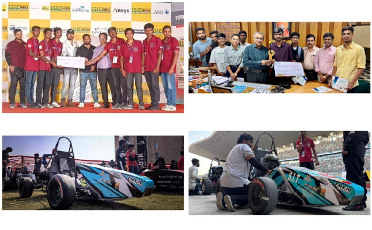
Team Adrenaline Racing (TAR), founded in 2011 at Siddaganga Institute of Technology, designs and builds formula-style race cars for national-level student competitions. With 7 cars built so far, the team competes in prestigious events like SUPRA (SAEINDIA) and Formula Imperial (ISIE India) at the Buddh International Circuit, India’s only Formula racing track. Through this journey, TAR provides students with hands-on learning, innovation, and a strong presence in the world of student motorsports
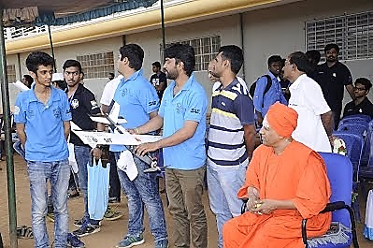
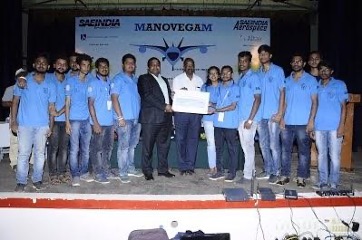
Team Soaring Eagles – Key Achievements
- Winner – Technical Presentation, MANOVEGAM-2017 (SAE India, Bangalore Section)
- Represented India at SAE Aero Design (West), 2016 – Van Nuys, California, USA
- 3rd Place – Hovercraft Contest, TECHKRITI-2015, IIT Kanpur
- 8th Place – SAE Aero Design (East), 2014 – Georgia, USA
- 18th Place – SAE Aero Design (East), 2013 – Texas, USA
- 2nd Runner-up – Quest Ingenium-2012, Quest Global, Bangalore
- Winners in multiple ISTE, IEEE platforms & National Symposiums across India
Events Organised
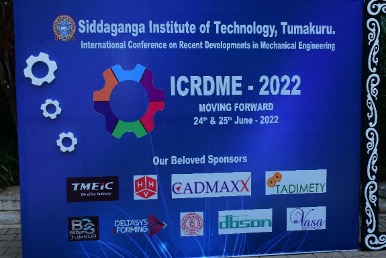
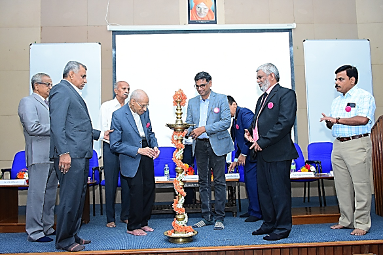
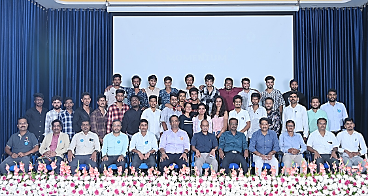
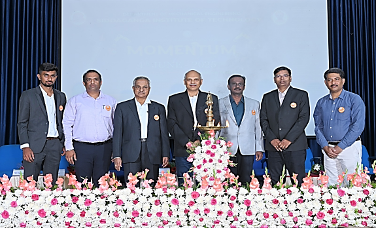
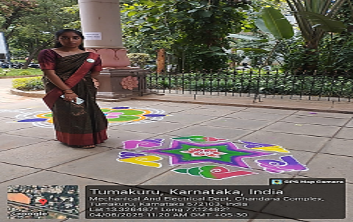
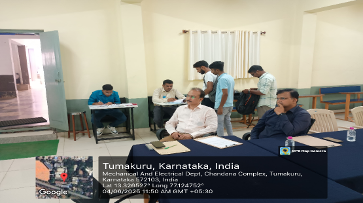
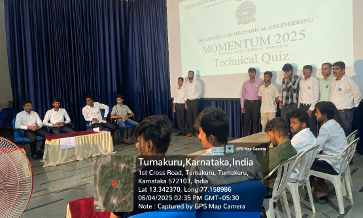
Infrastructure & Facilities
The department has adequate lab facilities equipped with latest laboratory equipment which caters the needs of Mechanical Engineering students for their regular laboratory work, Mini Projects, Major Projects and also for research activities.
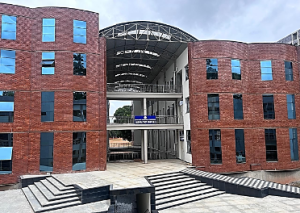
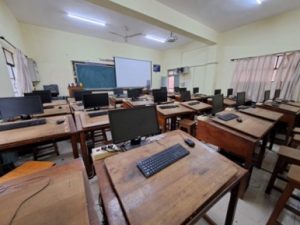
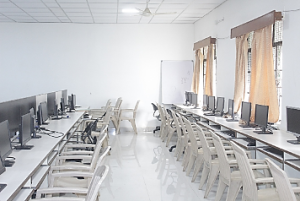
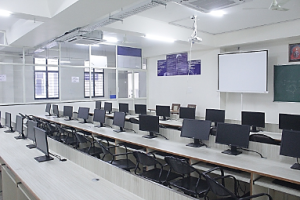
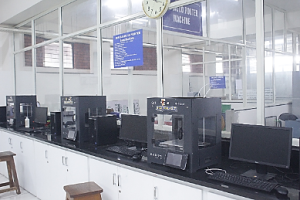
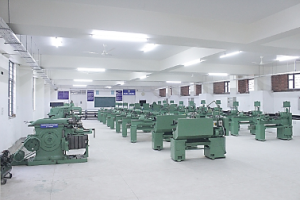
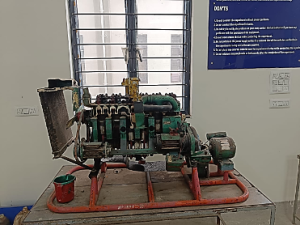
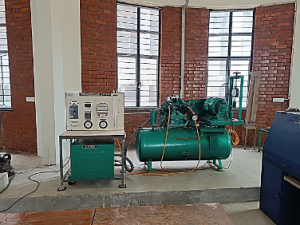
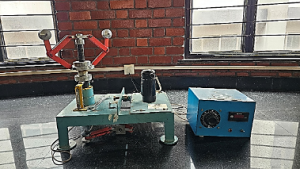
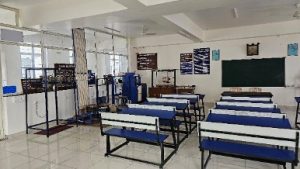
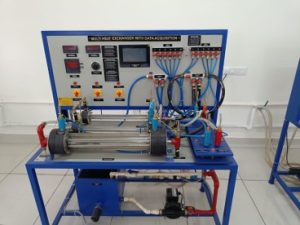
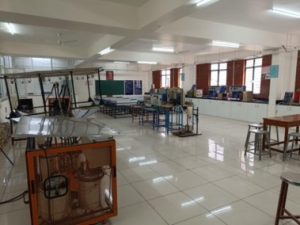
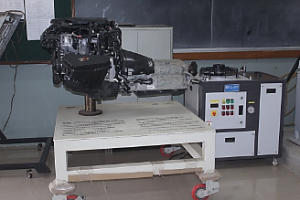
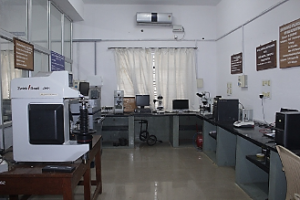
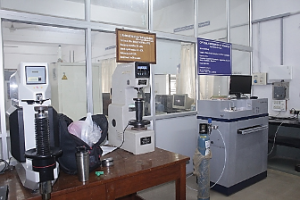
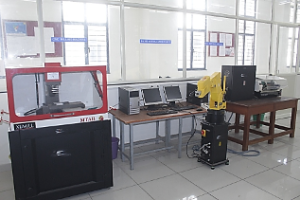
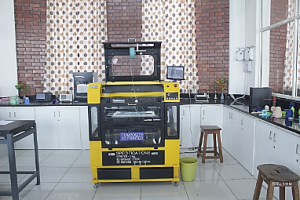
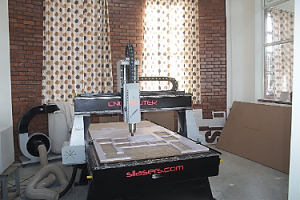
Central Facilities
M N Channabasappa Centre for Transformative Engineering in Circular Materials, Additive Manufacturing, Research and Education (MNC TE CARE)
The Multifunctional Polymer Research and Training Centre is dedicated to advancing polymer science with a strong focus on sustainability and innovation. The centre works towards addressing environmental challenges through sustainable materials, eco-friendly manufacturing, and cutting-edge additive manufacturing technologies.
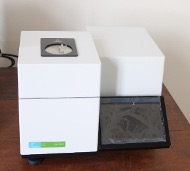
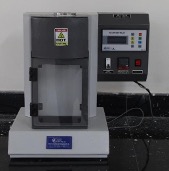
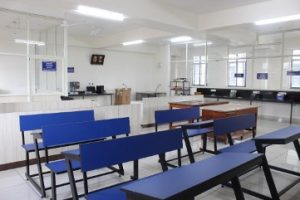
Faculty
The department has highly qualified faculty specializing in thermal sciences, robotics, design engineering, and advanced materials, actively involved in research and industry projects.
PhD Qualified
M.Tech / M.E.
Assistant Professors
Young and dynamic faculty members
Academic Programs
Undergraduate Program:
B.E. in Mechanical Engineering – A comprehensive 4-year program that builds expertise in mechanical design, automation, fluid dynamics, and energy systems.
Postgraduate Program:
M.Tech in Thermal Power Engineering – A specialized program focused on energy optimization, computational analysis, and thermal management systems.
Ph.D. Program:
Research opportunities in robotics, advanced manufacturing, energy systems, and computational mechanics.
Program Educational Objectives (PEOs) - UG
Graduates will:
- PEO-1: Graduates of mechanical engineering are working as competent technical and managerial leaders in Design, Manufacturing, Materials, Thermal, Automation and Management fields.
- PEO-2: Graduates of mechanical engineering exhibit leadership qualities with strong communication skills and able to work in team or individually with professional and ethical values which leads to improvement in the performance of the organization.
- PEO-3: Graduates of mechanical engineering program are involved in professional practices addressing societal needs, environmental issues with life-long learning.
Program Outcomes (POs) - UG
Mechanical Engineering programme is designed to empower the students with the following:
- Engineering Knowledge: Apply the knowledge of mathematics, science, engineering fundamentals and an engineering specialization to the solution of complex engineering problems.
- Problem Analysis: Identify, formulate, review research literature, and analyze complex engineering problems reaching substantiated conclusions using first principles of mathematics, natural sciences, and engineering sciences.
- Design/ Development of solutions: Design solutions for complex engineering problems and design system components or processes that meet the specified needs with appropriate consideration for the public health and safety, and the cultural, societal, and environmental considerations.
Conduct investigations of complex problems: Use research-based knowledge and research methods including design of experiments, analysis and interpretation of data, and synthesis of the information to provide valid conclusions.
Modern tool usage: Create, select, and apply appropriate techniques, resources, and modern engineering and IT tools including prediction and modeling to complex engineering activities with an understanding of the limitations.
The engineer and society: Apply reasoning informed by the contextual knowledge to assess societal, health, safety, legal and cultural issues and the consequent responsibilities relevant to the professional engineering practice.
Environment and sustainability: Understand the impact of the professional engineering solutions in societal and environmental contexts, and demonstrate the knowledge of, and need for sustainable development.
Ethics: Apply ethical principles and commit to professional ethics and responsibilities and norms of the engineering practice.
Individual and team work: Function effectively as an individual and as a member or leader in diverse teams, and in multidisciplinary settings.
Communication: Communicate effectively on complex engineering activities with the engineering community and with society at large, such as, being able to comprehend and write effective reports and design documentation, make effective presentations, and give and receive clear instructions.
Project management and finance: Demonstrate knowledge and understanding of the engineering management principles and apply these to one’s own work, as a member and leader in a team, to manage projects and in multidisciplinary environments.
Life-long learning: Recognize the need for and have the preparation and ability to engage in independent and lifelong learning in the broadest context of technological change
Industry Collaboration & Placement
The department has MOUs with nine reputed industries/ labs which offers projects, internships and placements to our students. Our students are exposed to industries regularly with various industry-institution activities like Industrial Visits, Technical talk on latest developments in the Mechanical Engineering Field by Industry Experts and Training Programs are being organized whenever required
List of MOUs with Industries:
- Additive Minds Academy – a Brand of EOS, Germany A3D and Neumesh Labs
- TMEIC, Tumakuru
- Continental Automotive Components (India) Private Limited
- Central Manufacturing Technology Institute (CMTI), Ministry of Heavy Industries (MHI), Govt. of India
- PrintOrgn Technologies India Pvt Ltd.
- Autoliv India Pvt. Ltd., Bangalore
- Aspire Busineess Solutions, Tumkur
- TATA Technologies Limited, Pune, Maharashtra
- Fitwell Tools & Forging Pvt. Ltd, Tumkur
Industry research work



M N Channabasappa Centre for Transformative Engineering in Circular Materials, Additive Manufacturing, Research and Education
Industry Project
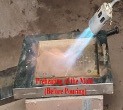
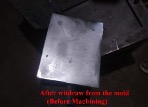
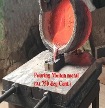
Product Development work on use of 6061Al-Nano B4Cp composite as Chassis Material” in association with Intel India Pvt. Ltd
Achievements & Recognition
Our faculty have made significant contributions to research and innovation with 239 journal articles, 151 conference papers, 4 books, and 18 book chapters. The department also holds 17 granted patents and has 1 patent filed, reflecting our strong focus on impactful research and knowledge creation
Alumni Success
Our alumni work in leading industries, research labs, and government organizations, contributing to technological advancements in mechanical engineering worldwide.
Admissions
Admissions for B.E. in Mechanical Engineering are through CET, COMED-K, and JEE Mains. Postgraduate admissions are based on academic performance and research interests. For more details, visit the Admissions Page.
